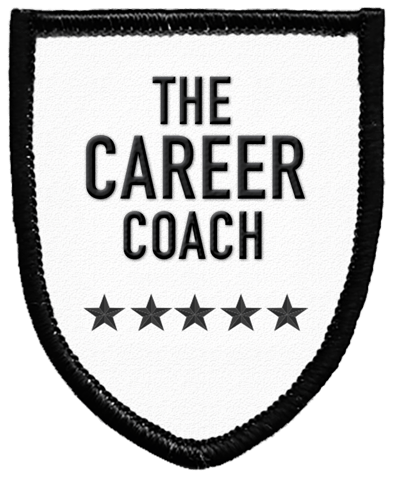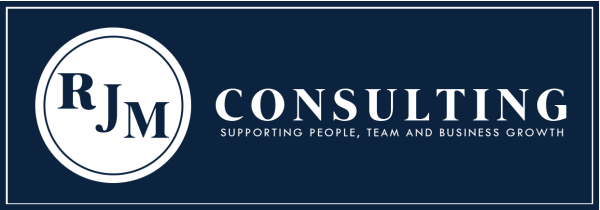Your Questions Answered
Who is The Career Coach?
My name is Rob Moore and I am the Career Coach.
I’ve spent 25 years in career, executive and personal development coaching – helping groups and individuals across the public and private sectors. You can read more About Me here, or if you’ve had a good look through all the information on this page and you’d like to discuss what coaching can do for you, then please get in touch.
Can we have a quick chat to see if it's right for me?
I always offer a free, no-obligation ‘discovery’ call to introduce myself and find out about your current situation, aspirations and motivations to take on some coaching. The call usually takes about 20 minutes, and we can plan it at a suitable time for you.
From there, most people take a few days to reflect on the conversation, check out my testimonials and discuss their options with trusted friends or family. For those that decide not to go ahead, I can usually signpost some suitable alternatives.
Who is career coaching suitable for?
It's valuable for people at any career stage and level, but it’s most often used by people going through some kind of career transition: looking to get promoted, wanting to start their career (or wind it down!), resigned from a role or are going through redundancy. Wherever you are in your career, it’s about getting to where you want to be.
What does it involve?
It involves free-flowing and guided conversation to uncover, understand and develop the kind of activities and actions that will help you progress. It varies from individual to individual, but usually includes areas like:
- Skills reviews
- Evidence stories
- What a good job looks like
- Pitch statements
- Career pathways and planning
- CV, personal brand and LinkedIn profile development
- Routes to market
- Interview and assessment coaching
How much does it cost?
Clients typically invest between £500 and £1000 for 3 to 6 sessions. I have also helped some clients with short, bite-size interview-prep sessions from £240. Like any investment, it’s about the potential return – what does the right role pay? How much of a difference will it make getting onto the right career path?
Where is it delivered?
Sessions are usually conducted remotely over zoom or teams. Over the last five years I’ve supported professionals from 5 continents!
But, if you prefer to meet face to face, I’m based near Edinburgh and I’m more than happy to do coaching sessions over a coffee.
Can’t I just google it?
Like most things online, there’s a lot of good info out there and a lot of rubbish too. And telling the difference isn’t always that easy. So, while you can find credible online resources, there is no replacement for an having experienced, values-led coach on your side. Objective, tailored and independent advice will always win hands down!
When should I get some career coaching?
If you are feeling unsure about your working future. If your career isn’t matching your expectations. If you’ve been on the job market for a while. If you’re not enjoying your role. If you’re curious about what could be. If you know things could be better. If your potential outweighs your position. If any of those is true, it’s time to speak to a career coach.
What are the benefits of coaching?
According to the Institute of Coaching, there are lots of benefits that come with coaching. It can help you:
- Establish and take action towards achieving goals.
- Become more self-reliant.
- Gain more job and life satisfaction.
- Contribute more effectively to the team and organisation.
- Take greater responsibility and accountability for actions and commitments.
- Work more easily and productively with others.
- Communicate more effectively.
...all of which provides focus, drives progress and supports achievement in your professional life.
How effective is coaching?
A survey of coaching clients conducted by the ICF indicates that 80% of people who receive coaching report increased self-confidence and over 70% benefit from improved work performance, relationships and more effective communication skills. Meanwhile, 86% of companies report that they recouped their investment on coaching and more.
What is a Career Coach?
Their role is straightforward: they are there to help you move forward. However, there are various coaching styles available, depending on the coach and the client's needs. If you need a confidant with a listening ear, that's fine. However, you might need a planner who can establish clear objectives, a mentor to offer guidance, or a motivator to provide a friendly nudge.
Regardless of the approach, a significant part of their duty is to listen. The world of recruitment and the job market provides some clear goals and a framework, but your coach will not approach the process with a predetermined agenda. A coach may offer suggestions on how to achieve your goals, but they will not make important decisions for you.
While many Career Coaches have an HR or training background, it is not uncommon to encounter one with extensive sales or senior management experience. What is common is that coaching is often a second career, built on the experience of another role.
When is Career Coaching NOT the answer?
To begin with, let's dispel some myths: there is nothing spiritual or deeply emotional about career coaching. If you are seeking "the new you", you should look elsewhere.
My coaching is significantly different to therapy or counselling. It’s a professional service that helps people set and achieve professional goals. In the course of identifying those goals, it’s likely that we’ll discuss personal matters – your family life, or even your health and wellbeing.
But, while professional achievement can have a wide-ranging impact, my scope begins and ends with your career. There will be no hugging! Just plenty of open discussion and advice given in a safe, honest and confidential manner.
It’s also worth noting that my coaching is not a substitute for common sense or ambition. I can help people who feel stuck in their jobs, but my service is not designed to give directionless individuals purpose in life. I’m here to help you focus on your goals and advance in your career.

